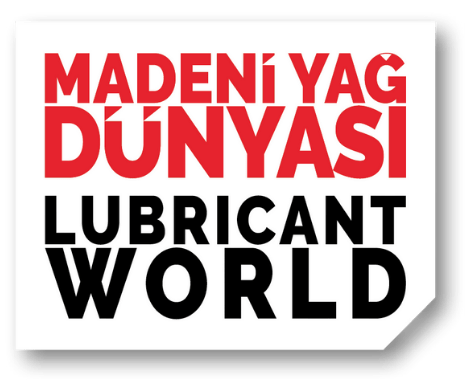By processing hydrocarbons in coal, oil, natural gas, plant and animal resources and their waste, the chemical industry supplies chemicals, fuels, materials, lubricating oils and intermediate products to other sectors, which comprise thousands of end products that we consume in our everyday lives. Thus, the chemical industry should grow planet-friendly being well aware of the carbon, water and nitrogen cycle.
Today, carbon footprint and climate change are the urgent agenda. There is a huge call for action under Paris Agreement, European Green Deal and Green Deal Action Plan of Turkey, and meanwhile export issues are also waiting to be solved. As Green Deal Action Plan 2021 pointed out, the Life Cycle Assessment of the products and services within production and manufacturing process is crucial. With the Life Cycle Assessment, all impacts on human and nature (such as Land Use, Acidification, Biodiversity, Ecotoxicity, Climate Change, Resource Consumption, Eutrophication, Radiation, Respiration,
Toxicity) are determined, especially the carbon and water footprints. The Life Cycle Assessment is an important tool of detection, comparison, decision-making and obtaining the cleanest production by revealing all our impacts on the planet, in other words, a means of continuous improvement by achieving sustainability management.
As each of us and industry contributed to air, water and soil pollution with the growing damaging impact on the planet, we had caused the climate change and depleted our resources. We endangered the biodiversity by damaging the nature with deforestation, changes in land usage, increasing agricultural production, and the growing wildlife trade as well as by disrupting aquatic and terrestrial ecosystems. While human health and nature is at stake, economic developments are challenging our livelihood. The world is facing financial hardship. As the economy recovers, we must also preserve our nature. Because the aquatic and terrestrial resources, lands, forests and food chain that our planet bestows on us will be scarce in the very near future. Indeed, we all are responsible for the gradual destruction of our planet.
International Mother Earth Day celebrated on 22nd of April since 1990, was celebrated this year within the UN Decade on Ecosystem Restoration announced in 2021. Therefore, it is of great importance. The healthier our ecosystems are, the healthier the planet – and its people. Our planet is suffering. Restoring our damaged ecosystems and their further conservation will help to prevent environmental pollution and combat climate
change. Reducing inequalities, ending poverty, hunger, migration, and promoting sustainable economic growth will hopefully put a stop to mass extinction. In order to secure our future and prevent new pandemics, we must find political, economic and technical solutions for our three pressing issues, which are climate change, biodiversity loss and pollution. We also have to make peace with nature by ensuring sustainable production and consumption without wasting our world’s natural resources.
Lubricating oils as a part of our life should also be compatible with nature. Throughout the life cycle from their production to consumption and waste management, lubricating oils should be planet-friendly, that is plant, animal, microorganism and human health friendly, nontoxic to soil and water, and with the least impact on environmental pollution and climate change. Lubricants that preserve mother nature are much needed. Thus, it’s time to act and find innovative solutions for lubricants and their packaging in our industry. It is vital to make investments for the protection of our health and the planet.




